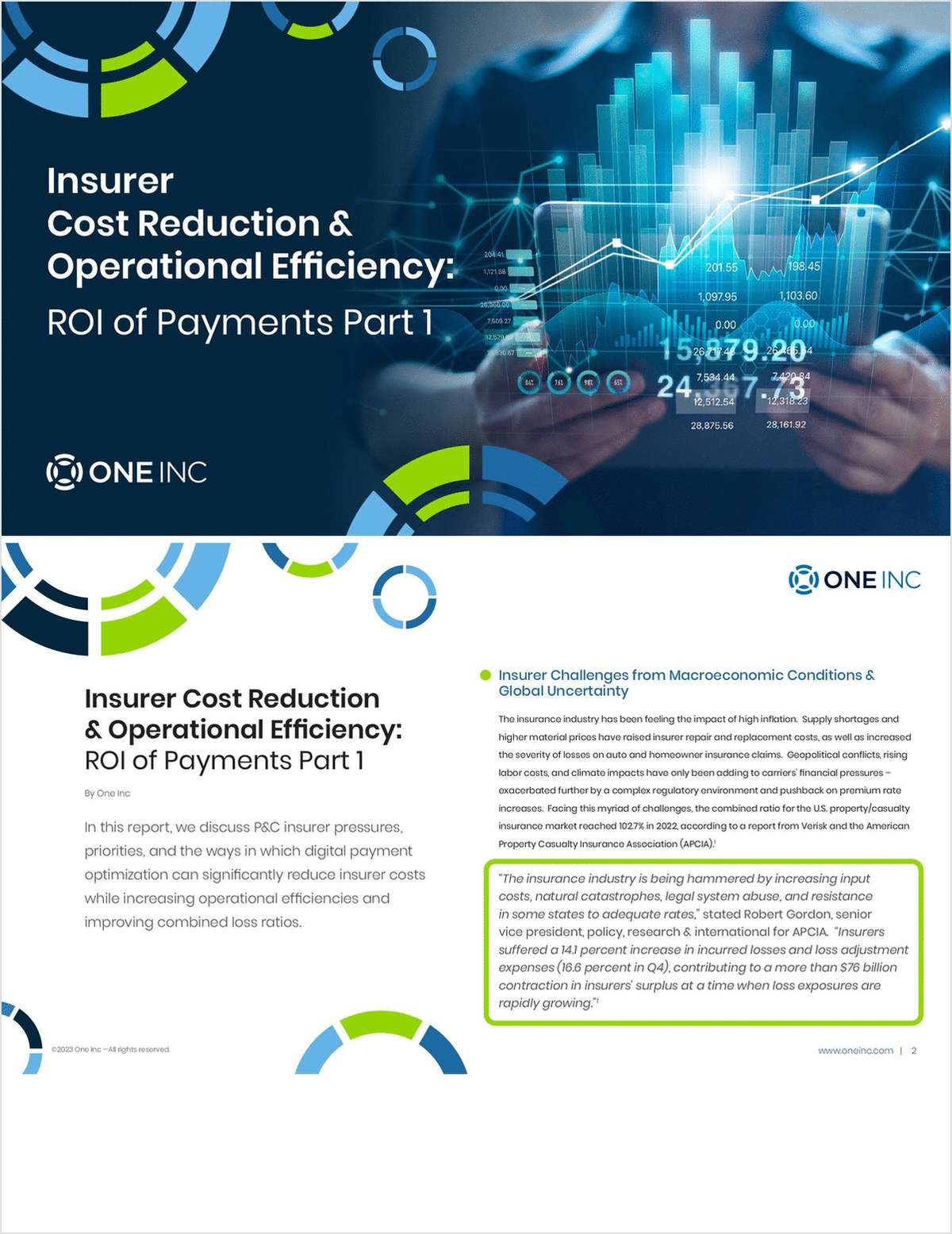The work of an applicant's attorney in California's workers' compensation system is rarely a venture in charity—applicant's attorneys are paid a fee out of the applicant's recovery. But there are factual circumstances under which the employer must pay the applicant's attorney's fees in addition to, rather than out of, applicant's benefits.
This can happen when the self-insured employer or the insurer over-advances without reserving funds for attorney fees, which is the subject of an article by Lisa Kasselik of Harbinson Tune Kasselik. The defendant can also be required to pay an applicant's attorney's fee if the defendant files the application for the applicant.
Usually, an employee is injured and fills out a claim form. The employer decides to conduct some form of discovery, such as deposing the applicant or witnesses. But the cases of Donna Yee-Sanchez v. Permanente Medical Group and Natalie Piatt v. Eureka Union School District tell us that discovery is prohibited, (see 8 C.C.R. § 10403), and even sanctionable, before the commencement of a case, and a case is only commenced by the filing of an application for adjudication of claim. (Labor Code § 5500.5)
If an applicant has not retained an attorney and has not filed an application himself, how is the defendant to proceed? One option when injury is in dispute is to withhold benefits, forcing the employee to lawyer-up or file an application. Of course, this comes with a 10 percent delay penalty (or 25 percent, depending on the facts). (Labor Code § 5814).
Whatever the benefits withheld may be, the employer faces a 10 to 25 percent penalty only on those benefits already due and withheld. On the other hand, by filing an application for the employee, defendant exposes itself to 15 to 18 percent of all permanent disability benefits in attorney's fees.
However, there is a danger in using this tactic. If an applicant retains an attorney in response to withheld benefits, any attorney worth his salt would file a petition for penalties with his notice of representation. This would bring the penalties to 25 percent of the withheld benefits (or a maximum of $10,000). This could also bring upon the insurer or self-insured employer administrative penalties under California Code of Regulations § 10111.1. Finally, there is always the risk of antagonizing a previously cooperative employee.
Another disadvantage to this tactic is the fact that, when the injury is not in dispute, the defense is essentially using bad-faith delay tactics. This is inappropriate, unethical, and will likely result in long-term self-injury such as damage to reputation and ability to maintain an insurance certificate.
Options and Risks
All in all, this course of action is a gamble and brings with it a slew of its own risks. But there are other options available to the defense in such cases.
One approach to this problem, when the injury or causation itself is contested, is to withhold benefits until an application is filed, but there are other options that don't come with the same risks and liabilities.
There are, after all, times when filing an application for adjudication of claim will not (or at least, should not) trigger Labor Code § 4064. California Code of Regulation § 10878 states that "[t]he filing of a compromise and release agreement or stipulations with request for award shall constitute the filing of an application."
However, § 10400(b) states that "[a] case opening Compromise and Release Agreement, a case opening Stipulations with Request for Award, and a Request for Findings of Fact under section 10405 are each an 'application' for purposes of invoking the jurisdiction of the Workers' Compensation Appeals Board, but none of these documents shall be deemed an application for purposes of Labor Code section 4064(c)."
Therefore, at least in theory, filing settlement documents without having first filed an application for the unrepresented applicant should not trigger future liability for applicant's yet-to-be-hired attorney. But, it appears that there were different results in the case of Monument Car Parts v. WCAB (Teach) (2007), in which the Workers' Compensation Judge ruled that defendant's filing of a compromise and release agreement for approval triggered a duty to pay attorney's fees. However, the facts of that case reflect a defendant somewhat unresponsive to the judge's inquiries regarding the adequacy of the proposed settlement.
Another alternative course of action is simply to roll over and pay out for all treatment and permanent disability in accordance with the treating physician's report. But then the defense loses many of the benefits of discovery, including possible grounds for apportionment (Labor Code §§ 4663 and 4664) or defenses based on Arising Out of Employment/Course of Employment (AOE/COE).
So what happens if the defense files an application for the unrepresented applicant?
The most common course of action in such cases is for the defendant to file an application for the unrepresented employee, and thereby become liable for applicant's attorney's fees. There is a chance, of course, that the applicant will eventually settle without ever hiring an attorney, making § 4064 inapplicable. But the potential consequences should be weighed before deciding on the plan of attack.
Third-Party Issues
Filing an application for an unrepresented applicant to be able to perform discovery (as per 8 CCR § 10403) will likely make the defendant liable for the applicant's attorney's fees; filing an application for the purposes of settlement approval will likely not (8 CCR § 10400(b)). But what about other petitions a defendant might file?
Let's say the employee is injured at work but some third party is at fault, such as the driver in a car accident or the manufacturer of a faulty ladder. The injured worker is entitled to workers' compensation benefits, but the employer is entitled to credit under Labor Code § 3861.
Often enough, these cases are not contested by the employer, and benefits are paid and treatment is provided on an industrial basis. If the injured worker has not retained a workers' compensation attorney and has not filed an application, how does the employer go about getting an order of credit?
Labor Code § 5500.5 tells us that a workers' compensation case is commenced with the filing of an application, and California Code of Regulation § 10878 states that "[t]he filing of a compromise and release agreement or stipulations with request for award shall constitute the filing of an application."
Generally, no Board file will be opened or started for the purposes of filing a Petition for Credit without an application being filed first. The case law appears to be silent as to the question of whether an application filed on the sole issue of defendant's petition for credit will trigger § 4064(c). But speaking from policy, legislative intent and common sense (admittedly weak medicine for defendants to use in the world of California's workers' compensation practice), merely filing an application on the sole issue of third party recovery credit should not trigger liability for applicant's attorney's fees.
Having to pay the applicant's attorney's fees can make an expensive case 15 percent more burdensome. So tread lightly and avoid the land mines that activate this additional liability.
Continue Reading for Free
Register and gain access to:
- Breaking insurance news and analysis, on-site and via our newsletters and custom alerts
- Weekly Insurance Speak podcast featuring exclusive interviews with industry leaders
- Educational webcasts, white papers, and ebooks from industry thought leaders
- Critical converage of the employee benefits and financial advisory markets on our other ALM sites, BenefitsPRO and ThinkAdvisor
Already have an account? Sign In Now
© 2024 ALM Global, LLC, All Rights Reserved. Request academic re-use from www.copyright.com. All other uses, submit a request to [email protected]. For more information visit Asset & Logo Licensing.








